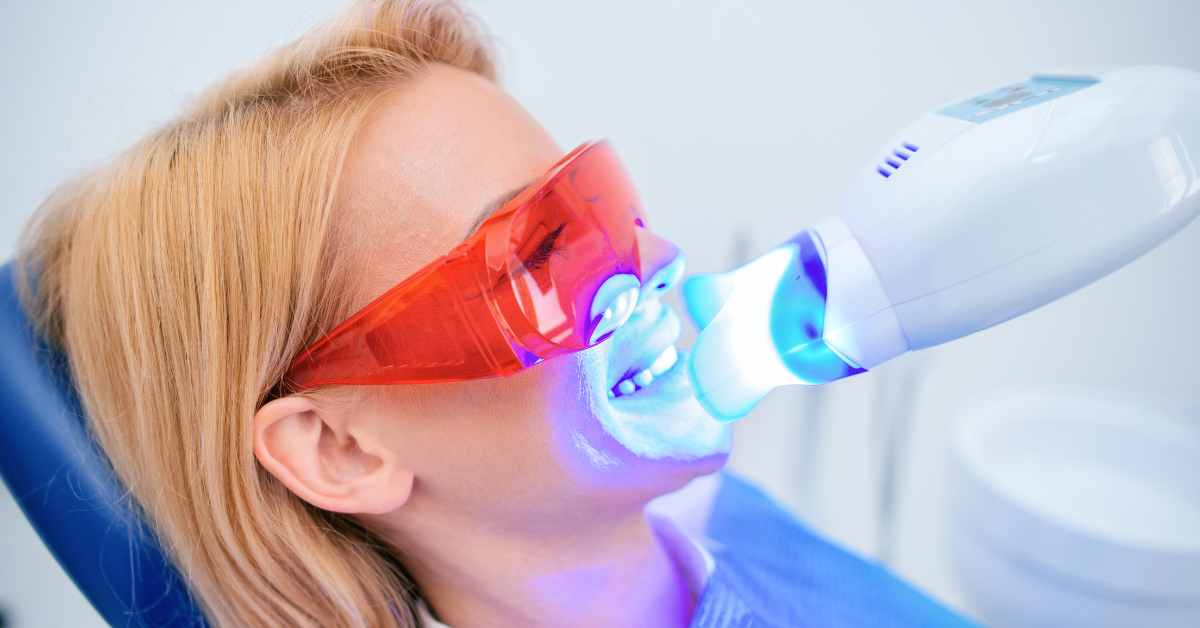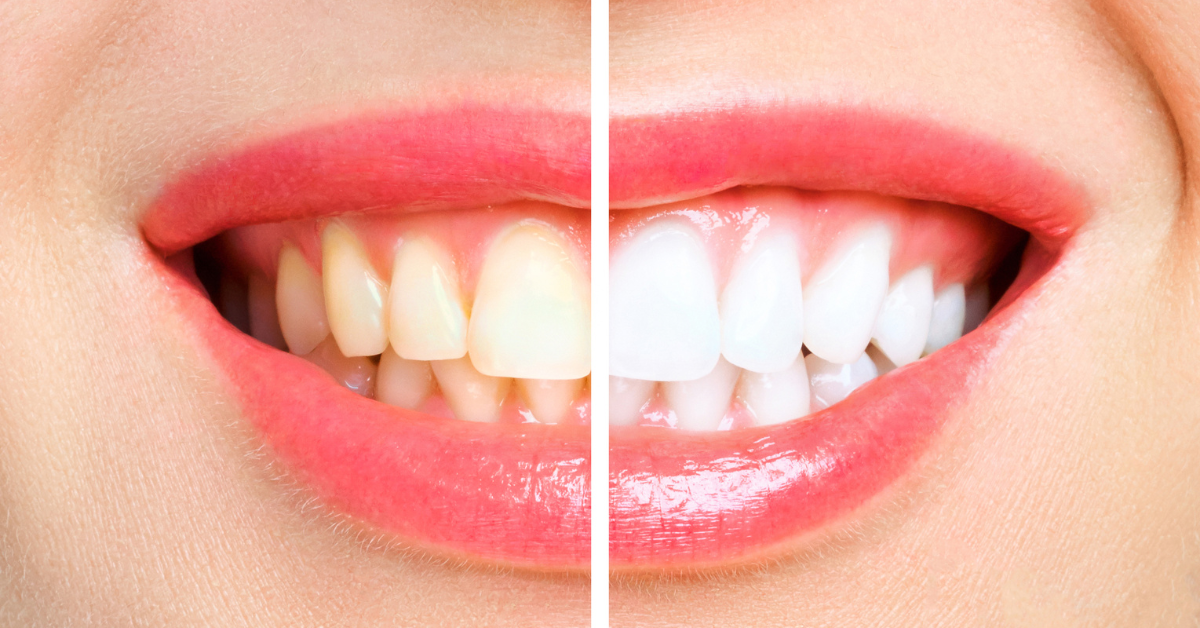Teeth whitening, also known as dental bleaching, is a popular cosmetic dental procedure that lightens the color of teeth. While it is generally a safe and effective procedure, some individuals may experience mild discomfort or sensitivity during or after treatment. Understanding the causes of teeth whitening sensitivity and discussing concerns with your dentist can help ensure a comfortable and successful whitening experience.
Causes of Teeth Whitening Sensitivity
Several factors can contribute to teeth whitening sensitivity:
-
Peroxide Concentration: The primary whitening agents in dental products contain peroxide, which can irritate the tooth’s nerve endings.
-
Enamel Thinning: Individuals with thin enamel may experience more sensitivity due to increased exposure of the underlying dentin, which is more sensitive.
-
Gum Recession: Exposed tooth roots due to gum recession can be more sensitive to whitening agents.
-
Individual Sensitivity: Some individuals have naturally more sensitive teeth, making them more prone to discomfort during whitening procedures.
Types of Teeth Whitening Sensitivity
Teeth whitening sensitivity typically manifests as:
-
Mild Temporary Discomfort: During the whitening procedure, some individuals may experience mild discomfort or tingling sensation. This discomfort usually subsides within a few hours.
-
Post-Whitening Sensitivity: Increased sensitivity to cold or hot foods and beverages may occur for a few days after the whitening procedure. This sensitivity is typically temporary and resolves within a week.
Managing Teeth Whitening Sensitivity
To manage teeth whitening sensitivity, consider these strategies:
-
Discuss with Your Dentist: Inform your dentist about your sensitivity concerns before starting the whitening process. They can recommend appropriate products and techniques to minimize discomfort.
-
Use Desensitizing Products: Over-the-counter desensitizing toothpaste or gels can help reduce sensitivity before, during, and after whitening.
-
Gradual Whitening: Consider gradual whitening methods, such as in-home whitening trays, which allow for slower and more controlled whitening, potentially reducing sensitivity.
-
Avoid Over-Whitening: Excessive whitening can exacerbate sensitivity. Follow the recommended treatment duration and avoid over-whitening.
Preventing Teeth Whitening Sensitivity
To minimize the risk of teeth whitening sensitivity, follow these preventive measures:
-
Maintain Good Oral Hygiene: Proper brushing and flossing can help prevent tooth decay and gum disease, contributing to overall oral health and reducing sensitivity.
-
Professional Cleaning: Schedule regular dental cleanings to remove plaque and tartar buildup, which can increase tooth sensitivity.
-
Identify and Address Underlying Issues: If you experience persistent tooth sensitivity, consult your dentist to rule out underlying dental problems that may require treatment.
Conclusion
Teeth whitening is a safe and effective procedure that can significantly brighten your smile. While some individuals may experience mild discomfort or sensitivity, this is typically temporary and can be managed effectively. By discussing your concerns with your dentist, following preventive measures, and selecting appropriate whitening techniques, you can minimize sensitivity and enjoy a brighter, healthier smile. Please find the dental office near you in these locations: Attleboro, Chelmsford, Hyde Park, Jamaica Plain, Lynn, Manchester, Methuen, Roslindale, Taunton.




